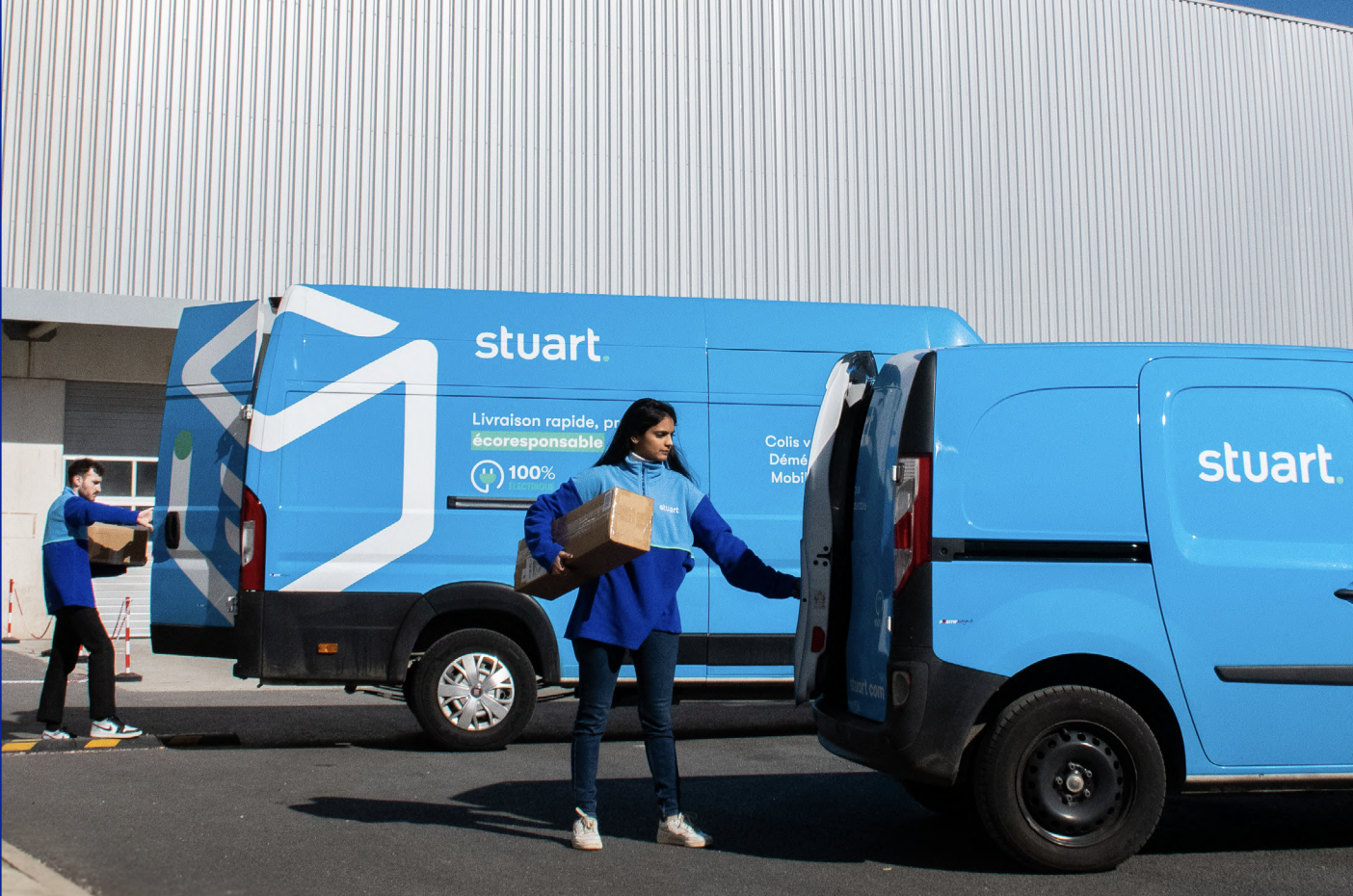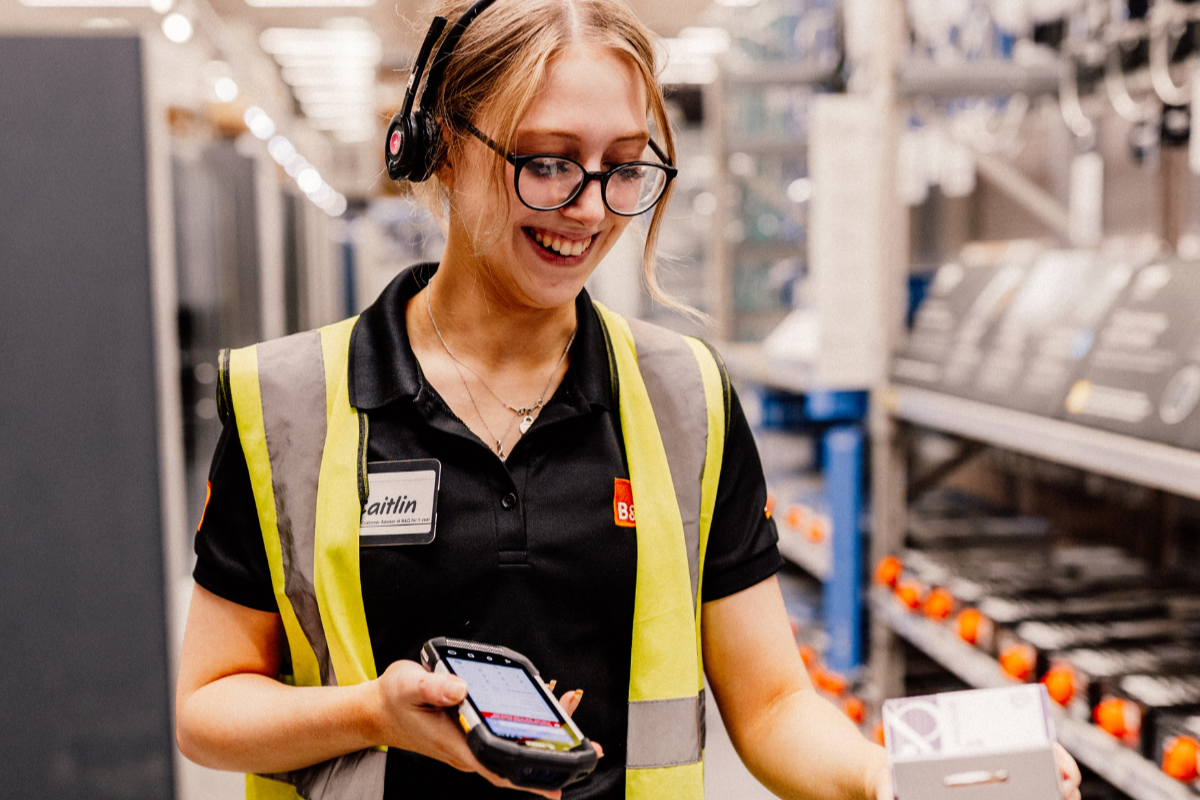Retail is looking to Rishi Sunak for certainty as he prepares to become Prime Minister of the UK, the British Retail Consortium has said. Sunak takes the role as early as tomorrow after both of his rivals Boris Johnson and Penny Mordaunt withdrew from the race.
Sunak takes over from Liz Truss at a time of economic turbulence sparked by factors from war in Ukraine and related rising energy prices and industry rates, to the government’s mini-budget last month – and the subsequent reversal of many of its measures.
Helen Dickinson, chief executive of the BRC, says Sunak takes office “during one of the most challenging economic periods consumers have known. With consumer confidence at historically low levels, he will need to provide certainty to households and support them through the cost of living crisis.
“Retailers are playing their part in supporting their customers, shielding them from the worst of rising costs resulting from a weaker pound, tight labour market and war in Ukraine. However, these efforts are threatened by the £800m bombshell of additional business rates that will hit retailers in April – a 10% rise that far outstrips sales growth over the last year. To support consumers at this difficult time, government should freeze business rates and reform the broken transitional relief system, or it will be households that pay through higher prices.”
Mike Elton, service delivery director, UK and Europe at intelligent delivery platform FarEye, says: “All eyes will now be on Rishi Sunak to provide the long overdue agenda to help retailers and their supply chains. There is growing demand for action to help with the rising fuel prices affecting supply chain and logistics, and there is a desperate need for incentives to entice younger people into work across the country. There needs to be a long hard look at the effectiveness of the delivery services being used. Businesses need to know where every penny goes, so they can make their supply-chains more cost-effective. There are hard decisions to be made and without fast government intervention, there are no quick answers.”
Last week flagging consumer confidence, in part as a result of that uncertainty, appeared to be reflected in the falling number of people going to stores, the latest Springboard figures suggest. Its analysis suggests that footfall fell by 2.3% across all UK retail destinations last week compared to the previous week, from shopping centres (-0.7%) to retail parks (-1.5%) and high streets (-3.3%).
Diane Wehrle, insights director at Springboard, says: “There are several factors at play in terms of what is driving consumer activity; however, the most evident is the squeeze on household incomes as a consequence of inflation and increased mortgage rates. This, mixed in with the current political uncertainty, inevitably makes consumers cautious and then rail back on shopping trips.
“This is likely to have been compounded by the prospect of school half term this week, which may well have meant that shoppers deferred trips last week. Footfall typically rises in the week of school half term as families visit retail destinations for group shopping trips and days out, so footfall this week will be a good barometer of current consumer sentiment and behaviour.”










